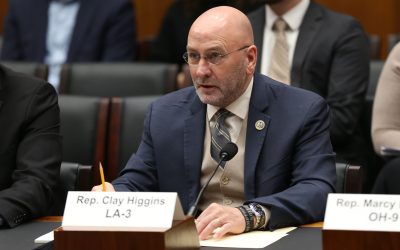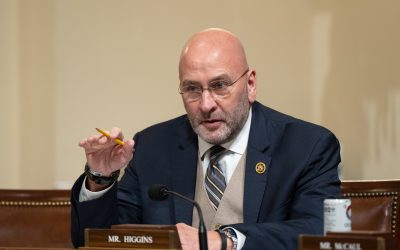The U.S. will become a net energy exporter by 2022, the Energy Information Administration (EIA) said on Tuesday in its latest long-term forecast, accelerating the date for when the country breaks with its 70-year history of importing more energy than it ships out.
That scenario, which the EIA had said last year would occur in 2026, would mark a fundamental change for a country that has been a net importer since 1953. It would represent a culmination of the U.S. shale oil and gas boom that began in 2006 to turn the country into a global energy powerhouse — and drive a drill through the heart of the domestic coal industry.
“The United States energy system continues to undergo an incredible transformation,” EIA Administrator Linda Capuano said during a presentation on the new forecast. The forecast shows “a very different set of expectations than we imagined even five or 10 years ago.”
Oil production is expected to increase to 12 million barrels per day around 2040 before rolling off as currently producing shale fields are tapped out, according to the forecast. At the same time, EIA says gains in domestic energy efficiency will keep consumption increases to less than half a percent per year and cause most of the new oil and gas to be exported. The outlook assumes GDP growth of 2 percent per year.
EIA dropped the Clean Power Plan from its latest forecast, but the outlook predicts that the Trump administration’s plan to repeal the rule would not be enough to turn around the long-term decline in coal demand among utilities. Nearly all new electricity generation capacity added after 2022 will come from natural gas and renewable energy, according to the EIA reference case.
“Even without Clean Power Plan, new coal plants are not expected to be built since they have a cost disadvantage compared to gas and renewables,” Capuano said.
The forecast does not take into account possible drilling in the Arctic National Wildlife Refuge, as legislation to open that area to drilling was passed in December, after the EIA started work on the report, Capuano said.



